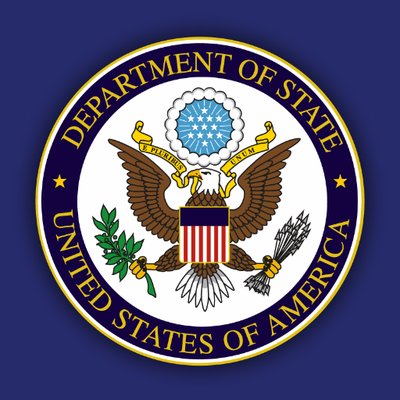The decision of the Turkish government to purchase its first long-range air and missile defense system from China’s Precision Machinery Export Import Corporation (CPMIEC) rather than competing U.S., European, and Russian systems has aroused much attention. Yet, Turkey’s preference for China’s FD-2000 is unsurprising given Ankara’s longstanding desire to gain as much foreign defense technology as possible at the least cost, combined with the strengthening of China’s military-industrial complex and Beijing’s openness to co-production, substantial technology transfer, and other flexible package deals.
China’s military-industrial complex has experienced a stellar rise in recent years. Whereas a decade ago China was spending billions of dollars to import Soviet-era weapons, now Chinese buyers want to import only the most advanced systems. China’s improving national defense industry can manufacture most everything else, with the notable exception of warplane engines. The growing prowess of China’s defense companies is associated with the rise of China’s civilian economy. Indeed, many of China’s largest defense firms also sell civilian goods and services.
The negative NATO reaction to the China-Turkey deal was also expected. Turkey is a NATO member that has traditionally purchased Western weapons to retain interoperability with other NATO armies. Some consider Turkey ungrateful for choosing a non-NATO system even though other NATO members have sent their own Patriot air defense systems to Turkey. Their Dutch, German, and American crews have been defending Turkey for months.
Western governments and companies are lobbying the Turkish government to change its mind. Turkish officials have expressed a willingness to consider other offers only if the deal with China runs into major problems. Chinese representatives have been meeting with Turkish officials to ensure that this does not occur. They also have been attacking Western critics of the deal. At a regularly scheduled news conference, the Foreign Ministry spokeswoman cautioned everyone to behave “rationally and objectively” and not “politicize … normal commercial competition.”
Chinese officials should be careful not to overpoliticize Western objections. It is true that the U.S. government has sanctioned CPMIEC for violating the U.S. Iran, North Korea and Syria Nonproliferation Act, but Turkish decision makers either did not know this or did not care. In any case, Turkey only enforces U.N-mandated sanctions, not the national sanctions adopted by countries outside the UN.
However, incautious Chinese policies could give the affair a more anti-China undertone. The Chinese government insists that it adheres to rigorous arms export principles that conform to international law and UN Security Council resolutions. According to various studies, the Chinese government has shown more restraint in selling items that could contribute to WMD proliferation.
Yet, as China continues to rise in the ranking of world arms sellers (it recently surpassed Britain to become the world’s fifth-largest arms exporter), Chinese policy makers should exercise greater caution in choosing clients and policing their national arms exporters. With the notable exception of Pakistan and now perhaps Turkey, China’s main customers are countries that cannot purchase Western arms for political reasons; hope to strengthen diplomatic ties with China; or are trying to circumvent Western and Russian efforts to limit regional arms races.
China declines to sell major conventional weapons to the former Soviet republics in Central Asia out of deference to Moscow’s regional security primacy. China could have avoided past embarrassments by abstaining from certain other arms deals.
For example, the Sudanese government has bought Chinese arms for use in the rebellious Darfur regime, generating a short-lived campaign to boycott the 2008 Beijing Olympics. That same year, dockworkers in several African countries refused to unload Chinese ammunition, small arms, and light weapons intended for the discredited Zimbabwean government. In addition, Beijing’s relations with Britain and the United States suffered when insurgents in Iraq and Afghanistan used Chinese-made weapons sent to Iran and other countries against U.K. and U.S. troops. In the 2008-2009 Gaza Strip conflict, Hamas launched Chinese-made Grad-model Katyusha rockets at Israeli cities. Even after the UN banned weapons sales to the Libyan government, Chinese state-owned companies tried to sell the Libyan regime weapons and ammunition. Most recently, Chinese firms provided North Korea with mobile missile launchers, which increases pressure on the U.S. and South Korean military to conduct a massive preemptive strike against these systems in a future Korean conflict.
PRC officials deny that the government authorized many of these sales, some of which involved weapons resold on the black market, but these transactions harmed China’s foreign relations nonetheless. There are now concerns that China might sell Iran the FD-2000 since Moscow has refused to reconsider its cancelled contract with Tehran for the S-300, the same systems offered Turkey.
The Chinese government should not allow the sale, which could prompt Russia to preempt China by finally selling the S-300, alarm Israelis who have threatened to attack Iran before it received either weapon, and encourage Iranian stubbornness when Tehran is showing unusual flexibility on the negotiating table.
Richard Weitz is a Senior Fellow and Director of the Center for Political-Military Analysis at the Hudson Institute.


